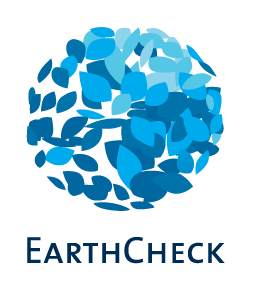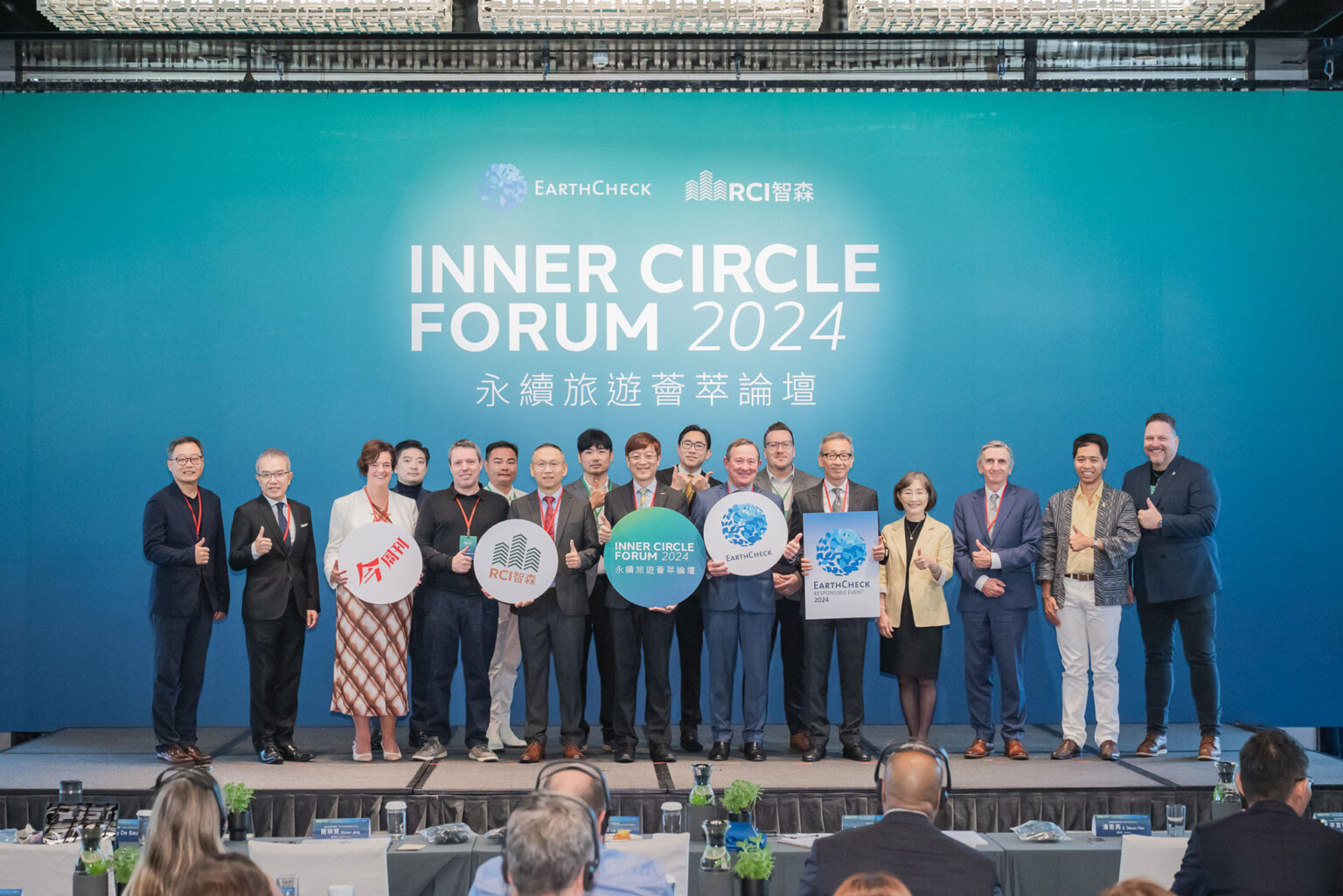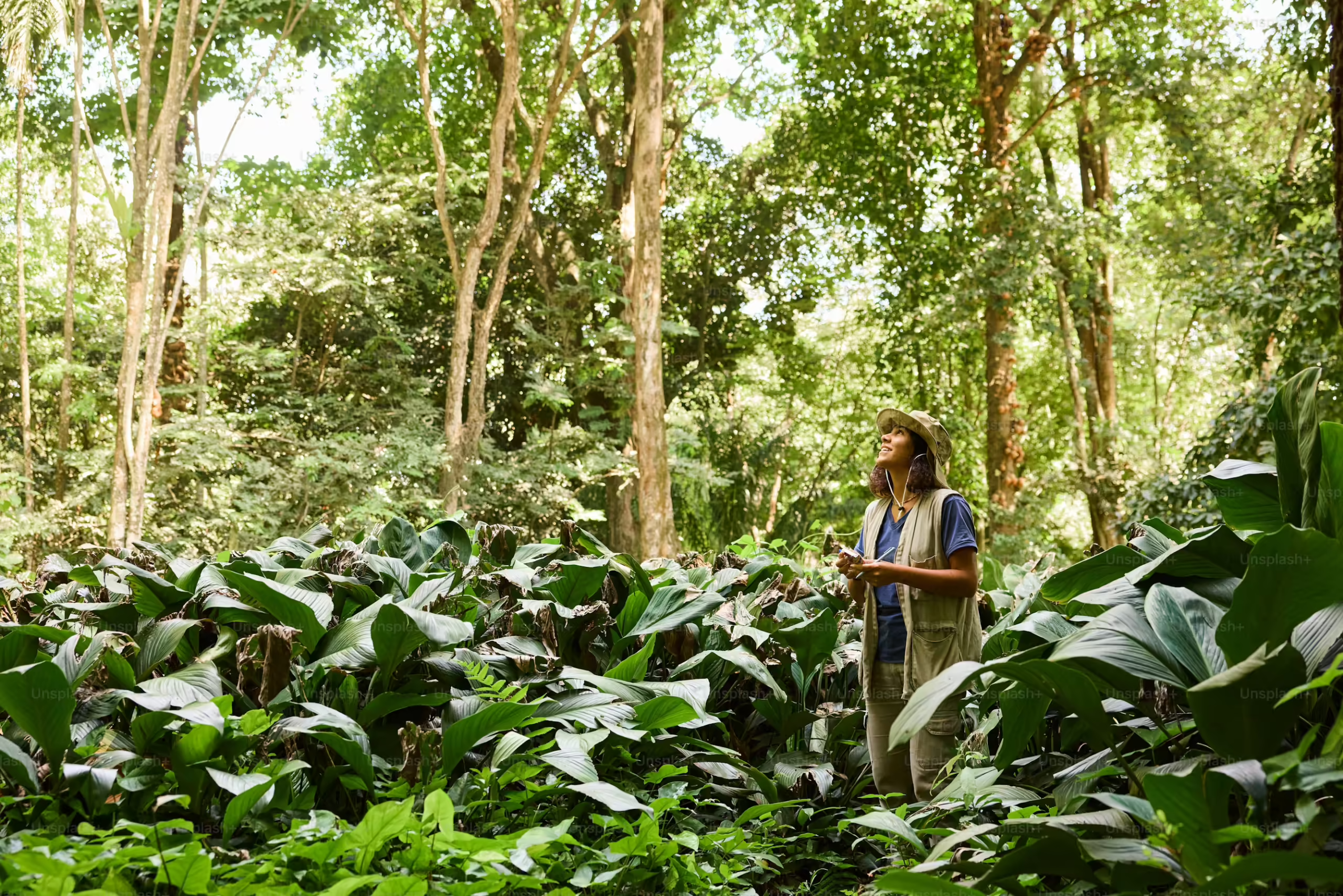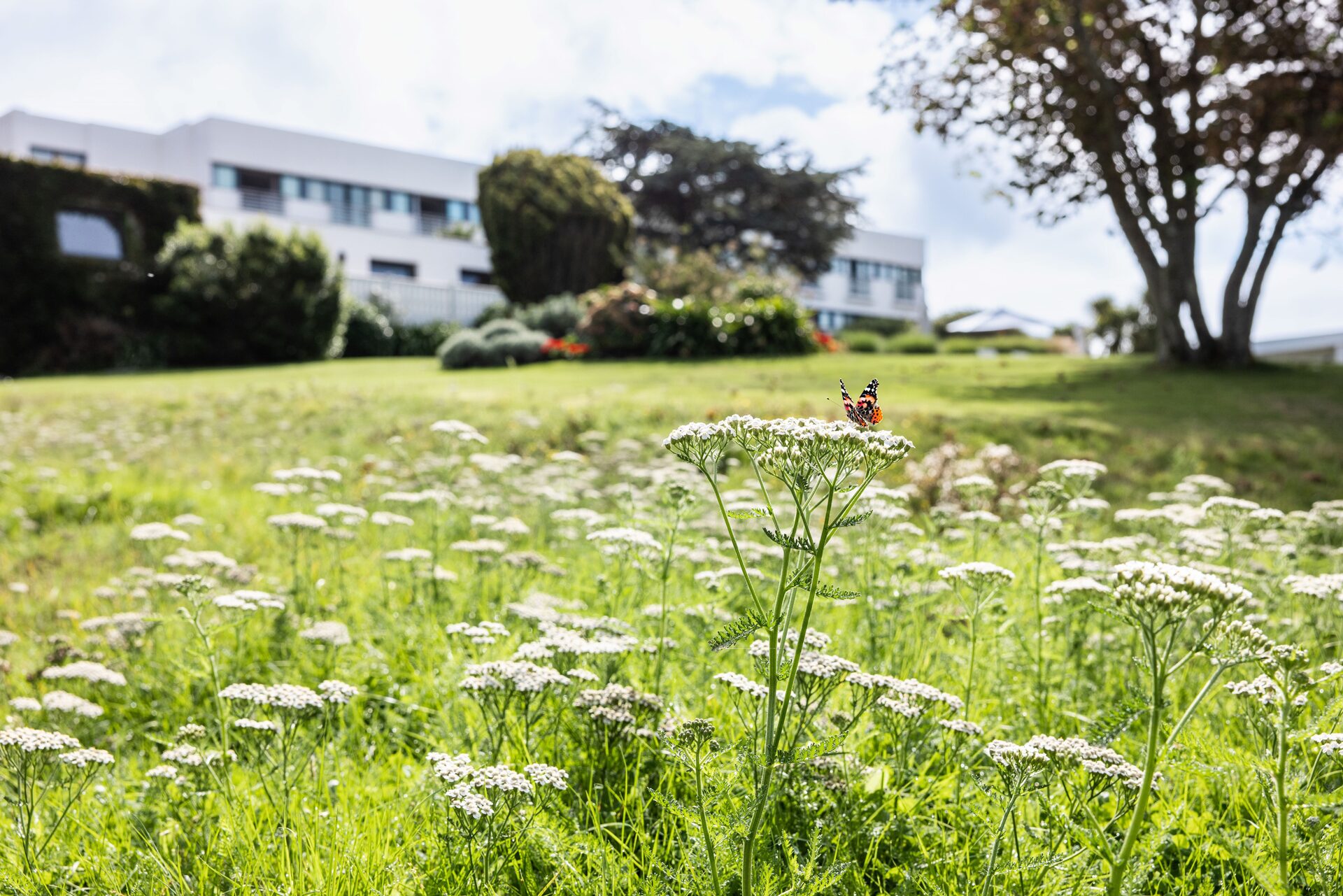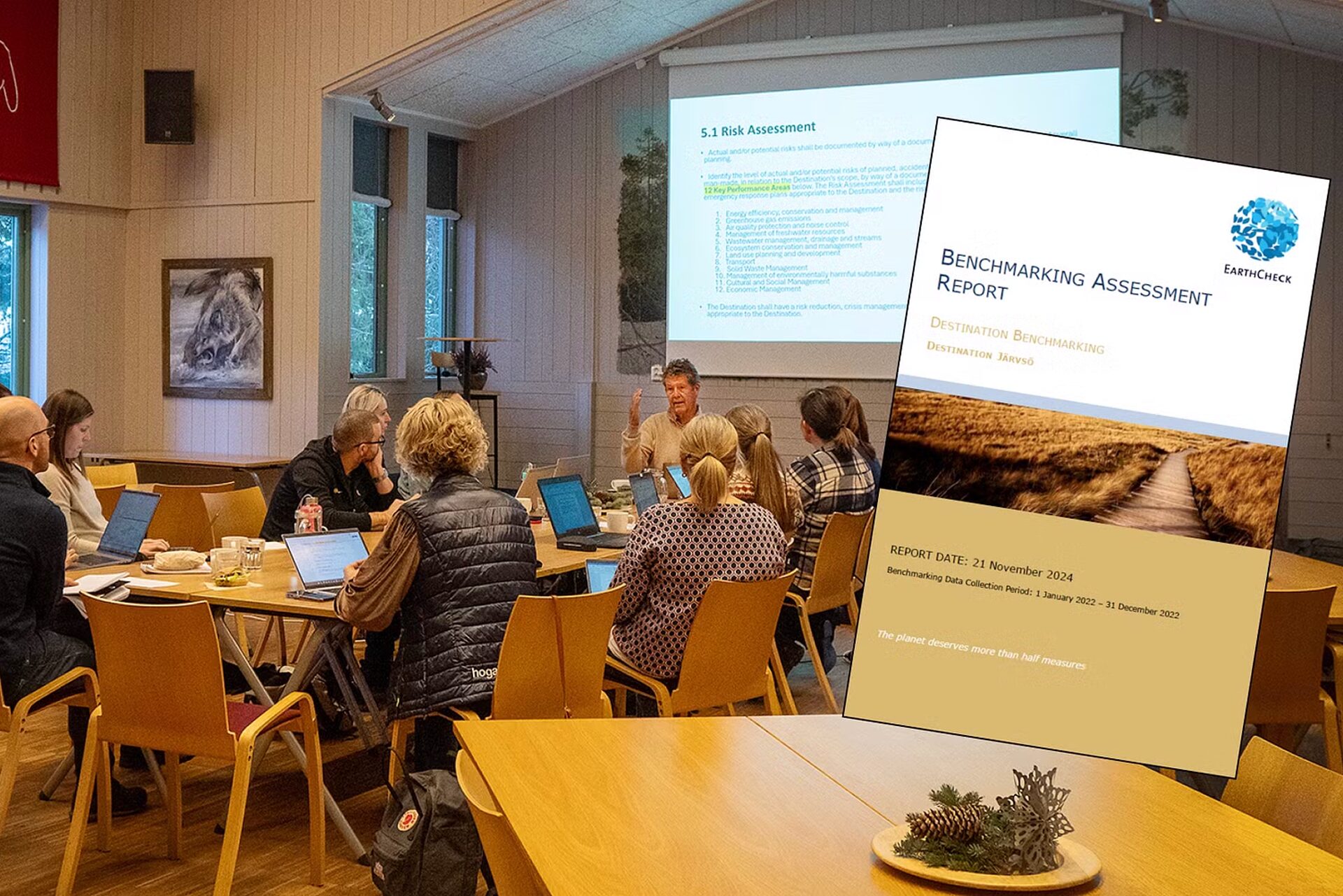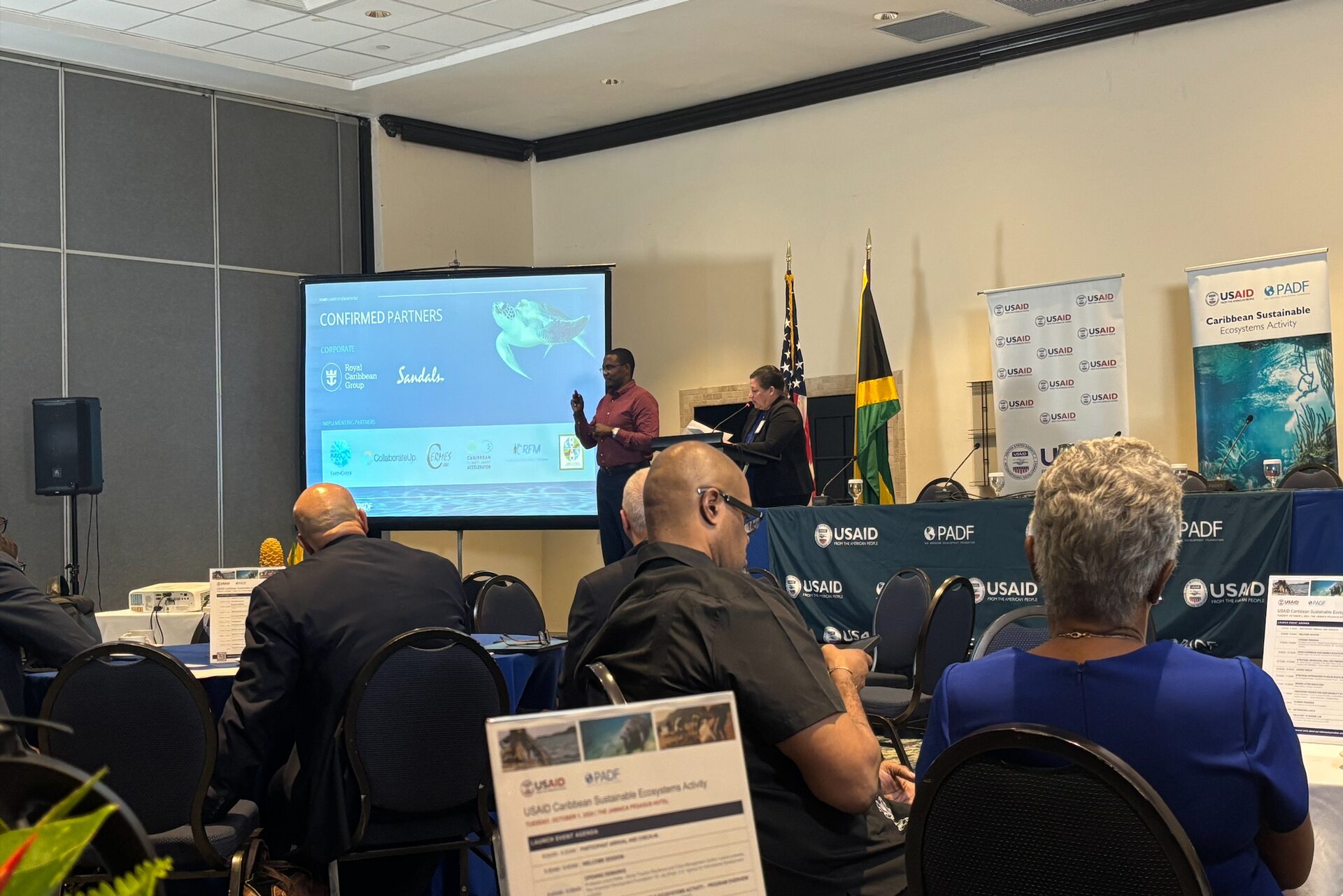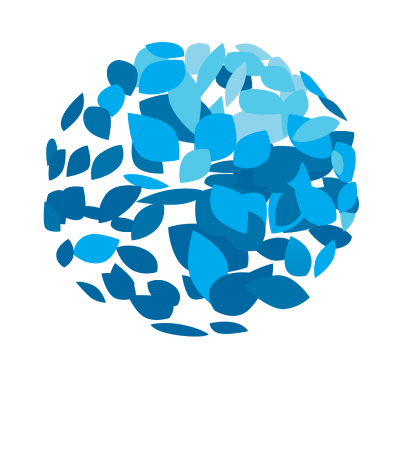As climate change and responsible development reshape the tourism landscape, the annual Inner Circle Forum provides an essential platform for industry leaders, policymakers and academics to collaborate and drive meaningful change. To that end, this year’s schedule was packed with impactful discussions on the sustainable practices that can be implemented to meet the demands of today, while simultaneously safeguarding tourism’s future.
EarthCheck, the world’s leading certification, consulting and advisory group for sustainable destinations and tourism organisations, teamed with RCI Sustainability Group to host this year’s summit in Taipei, Taiwan. Together, they provided attendees with actionable insights and a chance to engage in thought-provoking discussions on issues ranging from sustainable growth opportunities and biodiversity to the importance of community engagement and empowerment.
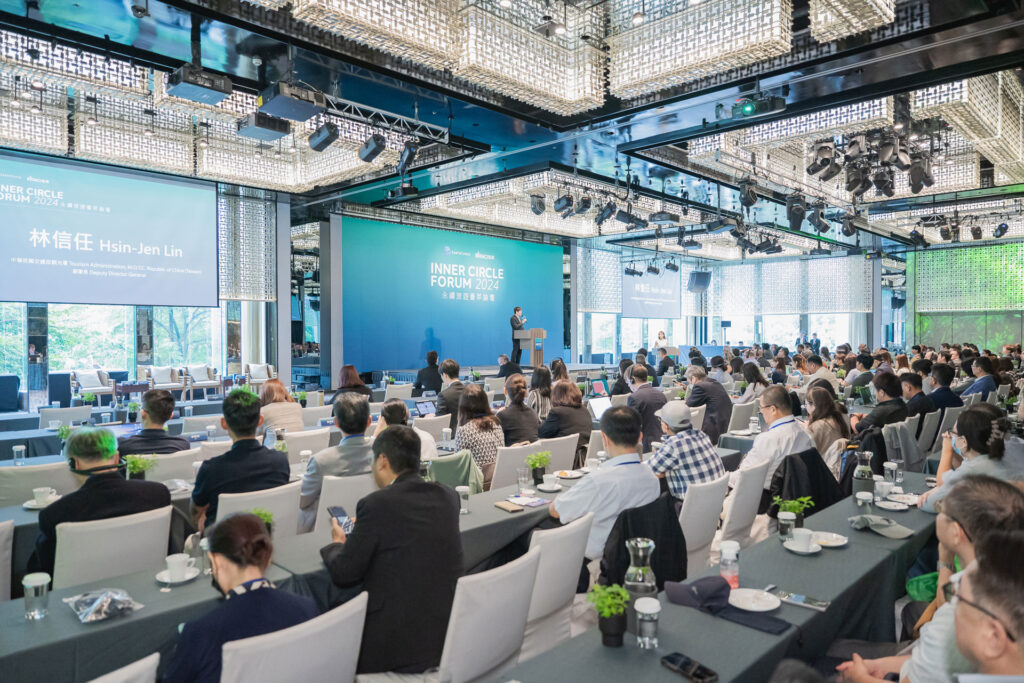
Setting the stage as an official representative of the local tourism industry, Hsin-Jen Lin – Deputy Director General of Tourism Administration – opened the proceedings with a powerful message about Taiwan’s unwavering commitment to sustainable tourism. He emphasised that sustainable practices are no longer optional: “If we don’t do it, it’s wrong. Simple as that.”
Establishing a pathway to sustainable growth for destinations
Jenny De Saulles, Director of Sector Development at Fáilte Ireland, opened Inner Circle Forum 2024’s first session by discussing how Ireland is setting an example in sustainable tourism, prioritising economic, social, cultural, and environmental resilience.
With tourism supporting 250,000 jobs and generating €7.5 billion annually before the pandemic, De Saulles stressed its role in regional development: “A lot of those jobs are actually in regional Ireland, so tourism has a fundamental role in driving development right across the country.”
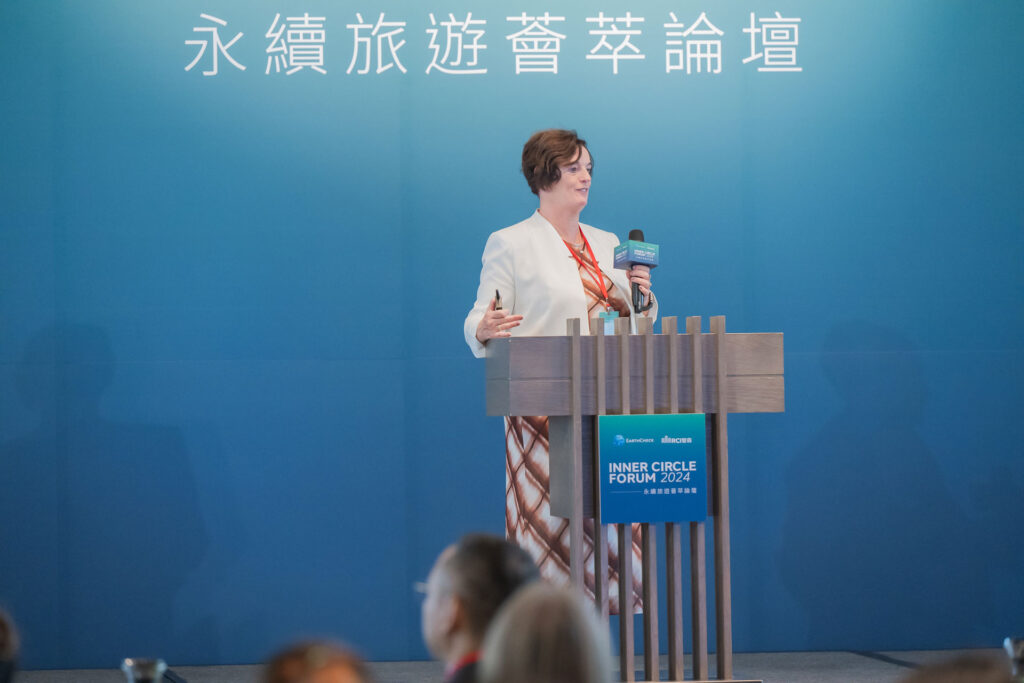
De Saulles addressed the climate-related risks tourism faces, including extreme weather and biodiversity loss, noting that tourism’s resilience and reputation depend on “accelerating climate action.” Ireland’s ambitious climate goals include halving emissions by 2030 and reaching net-zero by 2050.
To manage progress, Fáilte Ireland utilises 28 sustainability indicators covering five key areas – environmental, visitor, economic, community and social, and governance – tailoring strategies to each of Ireland’s tourism regions. Recognised by the Organisation for Economic Co-operation and Development (OECD) as an example of best practice, these indicators help monitor sustainability performance year-on-year. “The data gathered helps to inform emerging strategies within these regions,” De Saulles said, underscoring Ireland’s evidence-based approach.
De Saulles explained that European legislation, like the Corporate Sustainability Reporting Directive (CSRD) and the EU Green Claims Directive, is also prompting change. These mandates require businesses to disclose sustainability data; prohibit unverified environmental claims; and make independent audits mandatory for sustainability certification.
To support businesses in adapting to these new requirements, Fáilte Ireland launched the Climate Action Program in early 2023, offering Irish tourism businesses a “one-stop shop” for sustainability guidance. The program pairs each business with a dedicated sustainability advisor who helps assess baselines, develop action plans, and track progress over a three-year period. This comprehensive support is state-funded, making it accessible for all business sizes.
The program follows a three-step process – evaluate, develop a plan, and implement – and makes use of the EarthCheck Carbon Calculator, which tracks energy, water and waste metrics, allowing businesses to compare their performance with relevant benchmarks. More than 500 businesses have expressed interest in the program, with 160 signing Memorandums of Understanding to participate.
The program’s impact is already visible, with energy savings of up to 30 per cent achieved by small and medium-sized enterprises (SMEs). Summing up, De Saulles emphasised that the Climate Action Program helps businesses strengthen their brand, improve resource efficiency, and futureproof their operations.
Following De Saulles’ presentation, panellist Eliza Li of PwC Taiwan emphasised the need for a clear structure and accountability in sustainability, saying that strategies and performance tracking ensure impactful outcomes.

Fellow panellist Steven Pan, Chairman of Silks Hotel Group, shared how his company’s commitment to sustainability aligns with EarthCheck’s mission, describing sustainability as “a way of life, part of everything we do.” Regent Taipei, part of Silks, recently became the only Taiwanese hotel to achieve EarthCheck certification. Pan described how EarthCheck’s framework has helped his company reduce energy consumption significantly, which he believes “just makes good business sense.”
Pan also highlighted Silks’ collaboration with local suppliers, like Taiwan’s salt-making artisans, introducing a “salt sommelier” experience in their steakhouses. He stressed that visibility is key for successful sustainability initiatives in the tourism industry: “If you just do it quietly, without marketing your efforts, it’s not going to have the same benefit to your bottom line.”
Net zero planning: Strategies for achieving carbon neutrality in tourism
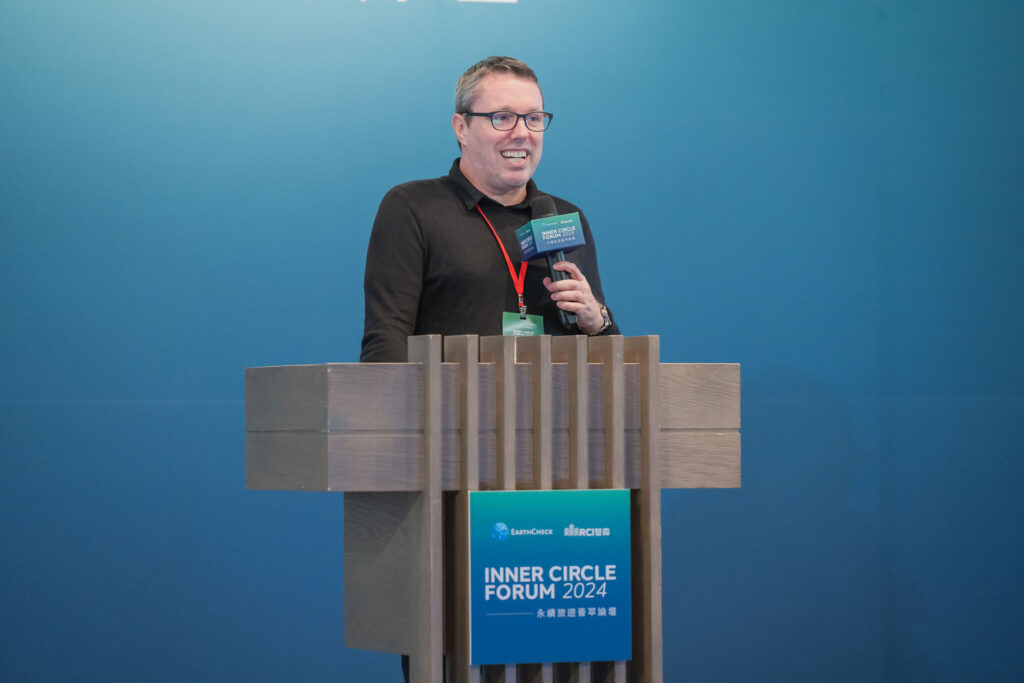
For the day’s second session, Dr Steve Newman, EarthCheck’s Chief Sustainability Officer, discussed the path to net zero for tourism, a sector that contributes about eight per cent of global emissions.
He noted the disparity between global goals and actual progress: “Globally, we’re on track for a nine per cent increase in emissions by 2030 when we need to achieve a 45 per cent reduction.” He warned that inaction will only increase costs, as climate change continues to affect tourism investments and operations.
The tourism sector is often omitted from national net zero plans. While the International Energy Agency (IEA) has outlined a detailed roadmap to net zero, this approach overlooks tourism’s major contributors, such as hotels and aviation. While initiatives like the Glasgow Declaration on Climate Action in Tourism do provide direction for the sector, Dr Newman pointed out that it “gives us a destination, rather than a route we can explicitly follow to get there.”
To overcome barriers to climate action, Dr Newman encouraged businesses to start simple, with operational surveys and simple spot checks, broadening the scope of measurement as they become more comfortable with the data. He recommended setting intermediate milestones to track progress and prioritising actions that deliver immediate impact, like energy efficiency and electrification. “Keep it simple, and focus on what you can control,” he advised.
Dr Newman highlighted the importance of demand management, explaining that without proactive measures, the sector will likely face imposed restrictions. Citing France’s ban on short-haul domestic flights as an example of demand management in action, he cautioned: “Either you take control, or control will be forced upon you.”
Dr Newman also emphasised that tourism’s transition to net zero requires collaboration across the value chain. He suggested that organisations develop sustainability knowledge and accountability in every department, from finance to operations, because engaging senior leadership, key suppliers, and stakeholders ensures “institutional accountability” across the entire organisation.
Finally, Dr Newman answered the question on many of our minds: is net zero feasible, or are we wasting our time? “The answer, simply, is yes, it is feasible,” he affirmed. While achieving net zero will require significant investment, he said these costs are expected to represent less than 0.1 per cent of the global tourism economy in 2020, rising to 3.6 per cent by 2050. Moreover, Dr Newman noted that the cost of reducing emissions is often “negative,” as energy savings quickly offset initial investments.
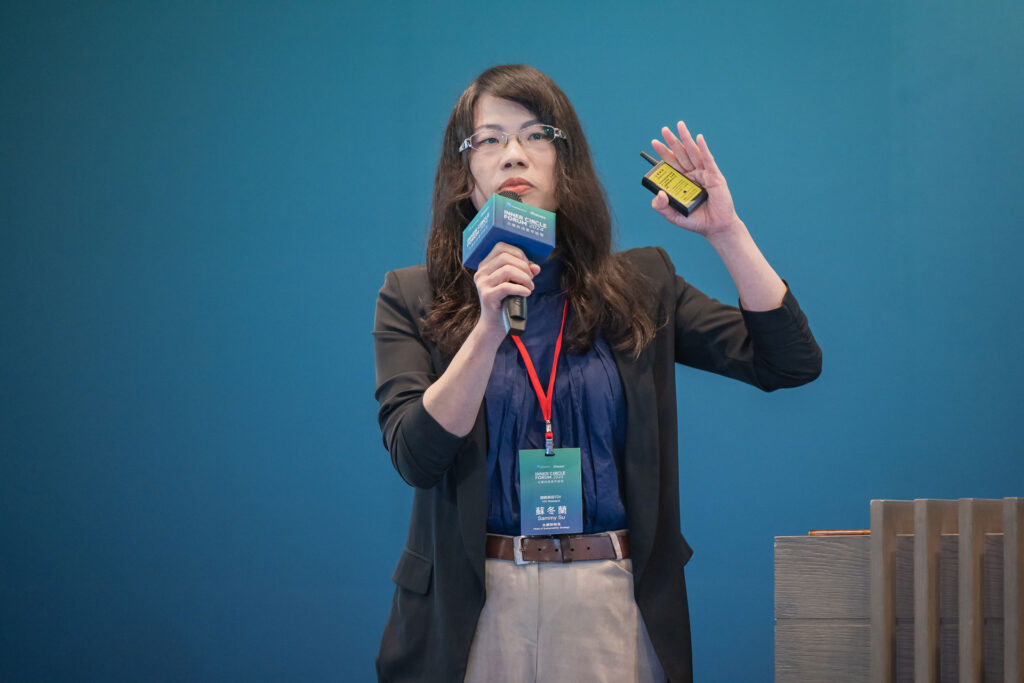
Following Dr Newman’s presentation, panellist Sammy Su of TÜV Rheinland underscored the urgency of rapid emissions reduction. As an advisor for RE100 in Taiwan, Su highlighted the Science-Based Targets Initiative (SBTi) as an important tool, explaining that SBTi helps to align business actions with the Paris Agreement’s goal to limit warming to 1.5 degrees Celsius.
And in line with Dr Newman’s comments about the outsized contribution of aviation to tourism’s carbon footprint, China Airlines’ Sustainability Director Zhong Renjie spoke about the need for airlines to take greater responsibility for the environment.
Currently reliant on fossil fuels, the aviation industry aims to increase the use of sustainable aviation fuel through collaboration with manufacturers and developers, while maintaining passenger comfort.
This year, China Airlines became the first airline in Taiwan to pass the SBTi review and meet carbon reduction targets aligned with the Paris Agreement’s goal of limiting global warming to 1.5 degrees.
Community and industry engagement and sustainable tourism development
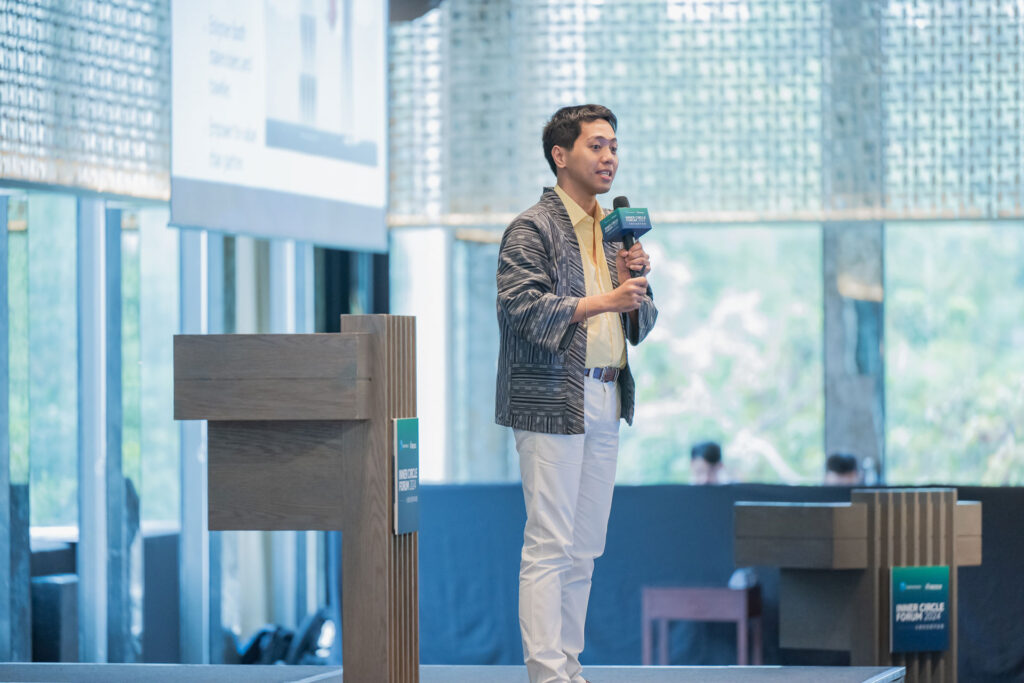
In the day’s final session, Dr John Paolo Rivera of the Philippine Institute for Development Studies and the Asian Institute of Management addressed the importance of community engagement in sustainable tourism. “Don’t leave anyone behind,” he urged, while acknowledging that diverse stakeholder needs can complicate alignment.
To bridge these gaps, he introduced a stakeholder framework that balances the interests of international and national bodies, local governments, private enterprises, and, at the core, the tourists themselves.
By empowering each stakeholder within this “star” model, Dr Rivera envisions a tourism industry that moves forward with regulation, conservation and livelihood creation working in harmony. “The tourists are the star of the industry,” he explained, “and their experience is what will drive sustainable practices across the value chain.”
Rivera highlighted EarthCheck’s micro-credential programs, which train frontline employees, middle managers, and executives, as a model for spreading sustainability knowledge. He stressed that “empowering” each stakeholder is key to achieving collective sustainability goals and urged the audience to consider their role in sustainability, asking bluntly, “Are you in or out?”
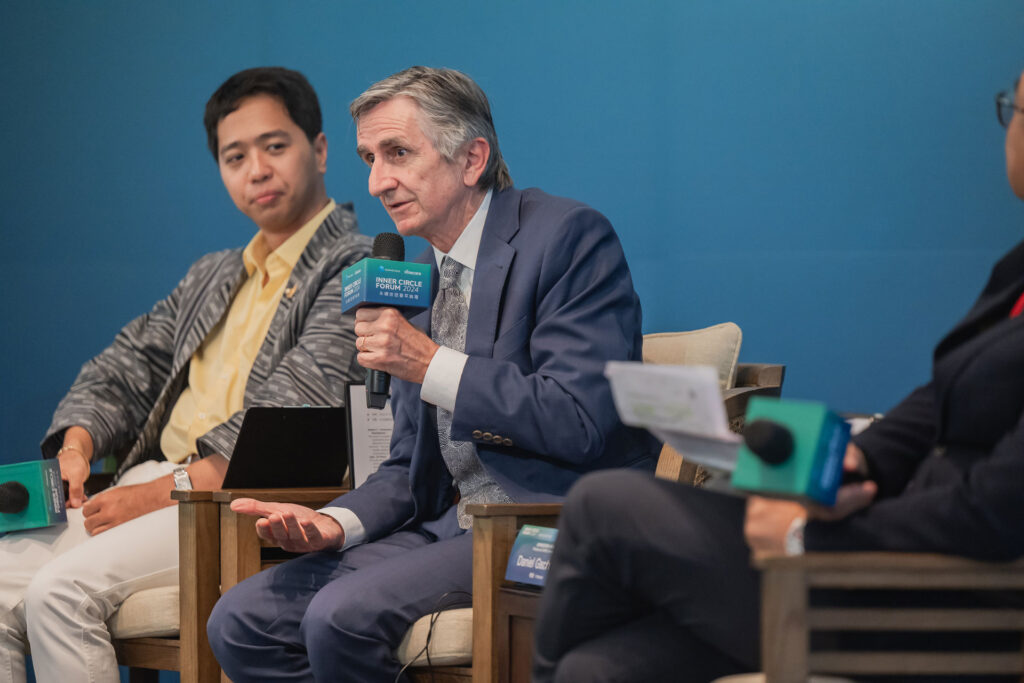
Following Dr Rivera’s session, the panel further discussed the key role of collaboration in sustainable tourism. Daniel Gschwind, Professor of Practice at Griffith University, shared his insights from years of industry experience, noting tourism’s connections to virtually every aspect of society. “We have to attach our priorities to the agendas of those we want to influence,” he said, explaining how aligning sustainability goals with the priorities of business, government and community can help reduce regulatory burdens and encourage proactive solutions.
The founder of Little Tree Food, Jeffrey Liu, who received the Green Michelin this year, shared his belief that a flexitarian diet is one of the natural solutions for incorporating sustainability into day-to-day life. If the global population adopts a flexitarian diet of eating plant-based meals twice a week, he said, it could save up to 11 million lives worldwide each year.
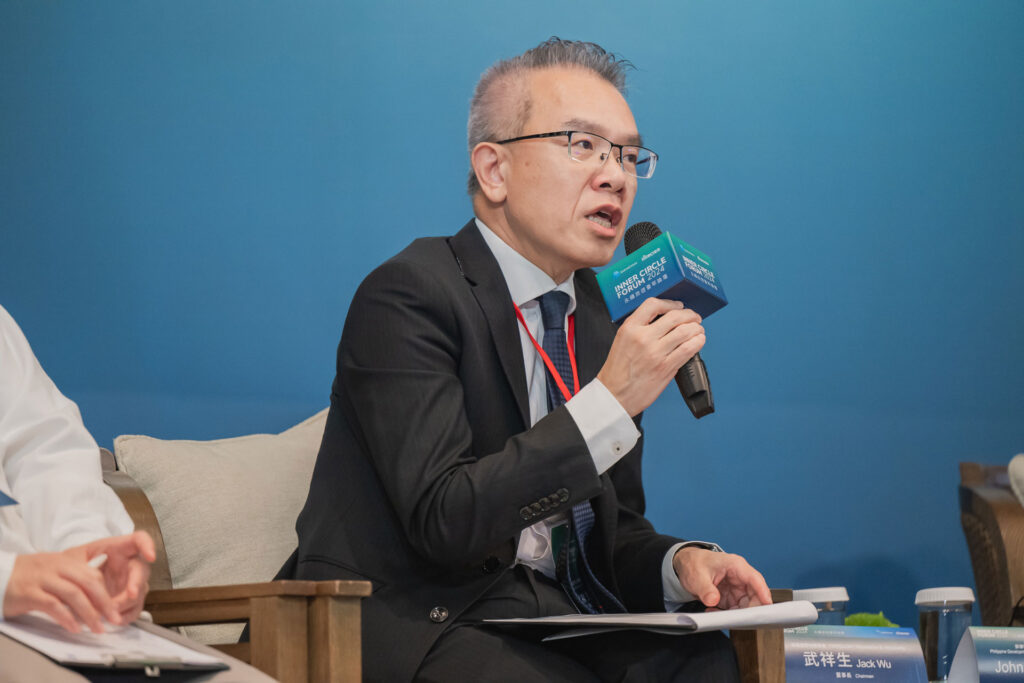
Jack Wu, Chairman of Farglory Recreation & Hospitality, discussed his company’s journey toward sustainability in Hualien, Taiwan. Farglory’s approach focuses on shared value, community happiness and cooperation, fostering a “positive cycle of good.” Wu emphasised that when sustainability goals align with local values, it generates long-term benefits for both people and the environment.
The first day of Inner Circle Forum 2024 delivered a wealth of insights into tourism’s future, including the identification of toolkits and practical strategies to assist operators and destinations to transition towards net zero. Stay tuned for more recaps from the Forum, as we delve further into how global leaders are tackling climate action and sustainability in tourism.
